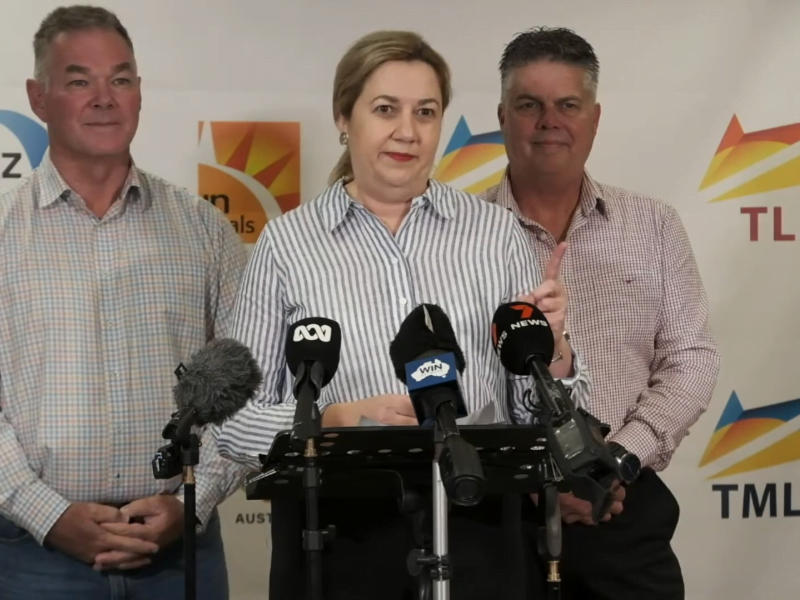Townsville will host a new $75 million state-owned critical minerals processing demonstration plant after the Queensland government secured the land earlier this month.
The demonstration plant is currently the only project confirmed under the $150 million package for Common User Infrastructure critical minerals facilities announced in the state’s 2022-23 Budget update in December.

Originally the project was intended for vanadium processing alone, a key input to grid-scale batteries, but the plan was expanded to include “a range of critical minerals like cobalt, [high purity alumina], and rare earth elements to be processed” according to Queensland Premier Annastacia Palaszczuk.
As such, the investment commitment is seven times greater than the initial plan to support only vanadium processing at the facility. The expected processing capacity of the facility is also yet to be determined. It will be located at Cleveland Bay Industrial Park.
“It means that companies will be able to come in and test their technology with these critical minerals. And to have that facility here is absolutely first class,” Premier Palaszczuk said on Wednesday.
The facility will be owned by the Queensland Treasury and managed by the Department of Resources. Although the government has yet to tender for a developer of the facility, the government expects the facility to be operational by the first half of 2025.
An Accenture authored discussion paper, commissioned by the state government to inform development of its first Battery Industry Strategy, claims that the “battery industry has the potential to contribute $1.3 billion in annual gross value-add” to the Queensland economy. It noted that Queensland holds 28 per cent of the world’s vanadium reserves.
Premier Palaszczuk said the facility is the first of its kind in Australia and would strengthen the commercial viability of critical minerals mining, processing, and downstream manufacturing in the Sunshine State.
“After working with prospective users, universities, and research centres the facility will not only be able to process vanadium, a key component of large-scale batteries, but it will be expanded allowing for a range of critical minerals like cobalt and rare earth elements to be processed,” the Premier said.
She also stated that “North Queensland provided the copper during the second industrial revolution to transport electricity and now stands at the centre of the clean energy industrial revolution”.
Keeping an eye on the critical minerals competition presented by Western Australia, particularly in lithium production, Queensland’s Resources minister Scott Stewart noted that “for every kilo of lithium in you electric vehicles, you’re going to need to have eight kilos of copper”, which the state has “plenty of”.
Mr Stewart also noted that “global demand for vanadium in batteries and high-quality is expected to outpace supply before the end of the decade”.
“Queensland has world-class, highly economic deposits of vanadium located in accessible marine shale. Because they hold their charge in a liquid form, vanadium redox batteries can be built to a much bigger scale, powering larger communities for longer,” he said.
The Queensland government reported a record $5.18 billion surplus in the 2022-23 budget update driven by high coal and oil prices.
In addition to the Common User Infrastructure projects, the government has established a $100 million Critical Minerals Investment Fund to help support Queensland-based companies develop critical minerals and battery technology through to commercialisation.
Queensland Investment Corporation is managing the investment fund, which will open applications for grants of up to $10 million in the first half of 2023.
These initiatives will also support the state’s 10-year energy and jobs plan, which is expected to leverage $62 billion of investment overall, deliver “22GW of new renewable capacity” and a SuperGrid electricity transmission network.
During the 2022 election campaign, the Albanese government committed to a $100 million equity injection into a new Battery Manufacturing Precinct in Gladstone in partnership with the Queensland government.
Do you know more? Contact James Riley via Email.

